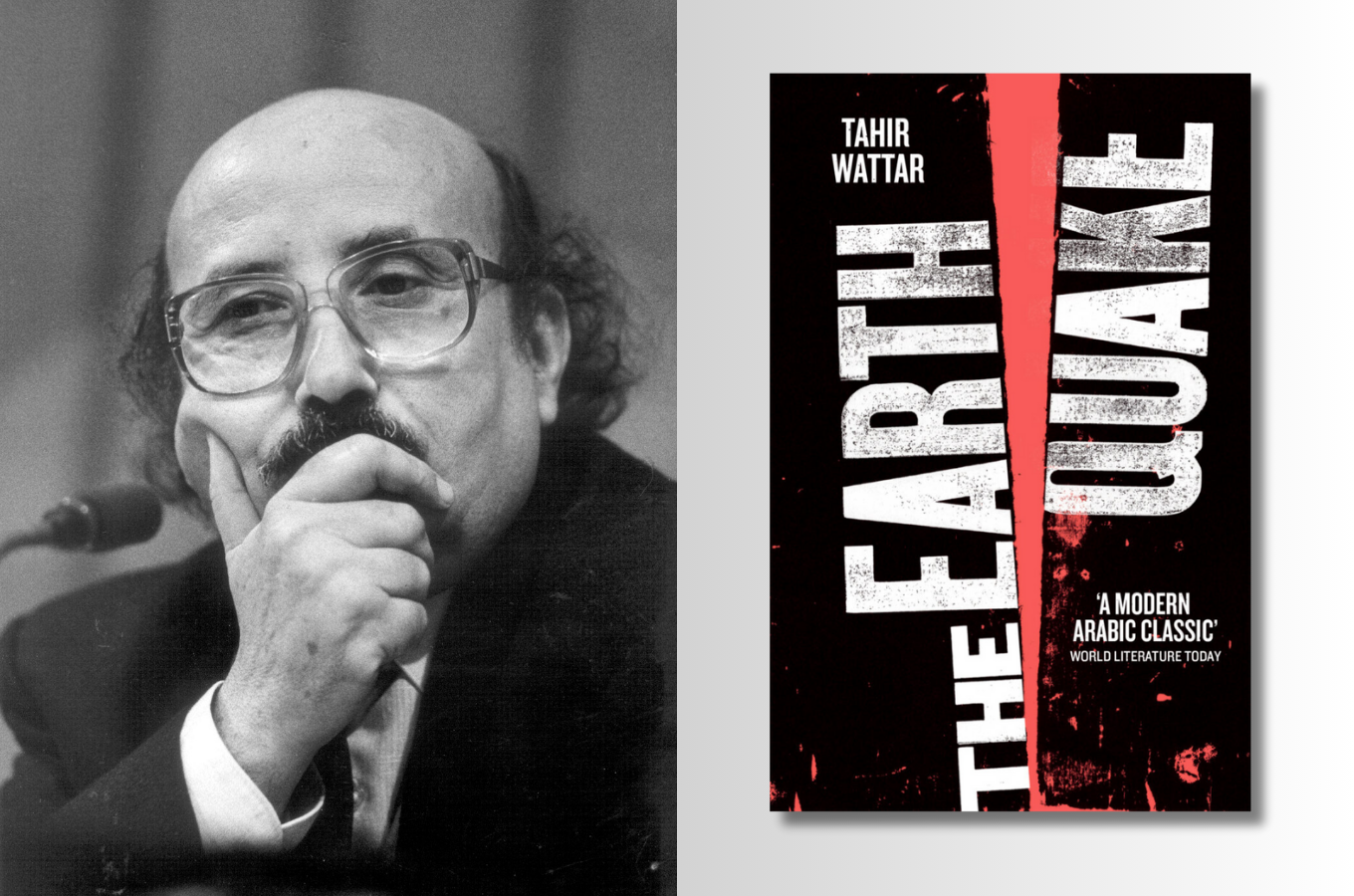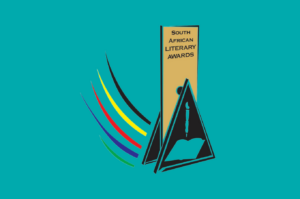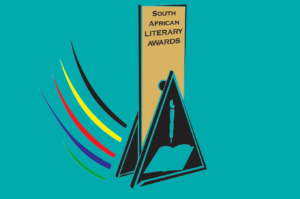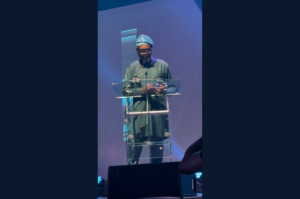
Prominent Algerian writer Tahir Wattar’s modern Algerian classic novel The Earthquake just turned 50 years old this year. Saqi Books just published a reissue on its 50th anniversary on February 6. The new edition is translated from Arabic into English by William Granara.
The republication of this classic Algerian novel is an important milestone in African literature since Tahir Wattar is widely regarded as a pioneer of the modern Arabic novel. The Earthquake offers a surrealist vision of post-colonial Algeria — a society in chaos, a world turned upside down. Written in the early 1970s, this classic work presciently foretells the dreadful events which would later besiege Algeria during the Algerian Civil War.
A staggering 1.5 million Algerians were slaughtered during the war for independence but with freedom came catastrophe. More violence followed liberation. The Earthquake deals not with natural disasters but with manmade ones. Numerous journalists have made comparisons between what is happening in Palestine and what happened in Wattar’s homeland, Algeria.
Read the full synopsis below:
One afternoon, Sheikh Abdelmajid Boularwah embarks upon a journey in search of distant relatives. His immediate family are ruthless, rich and collaborate with colonial authorities. He hopes his long lost relatives, who are unknown to the new Communist government, might be better placed to help him defraud it. Through a labyrinth of back alleys and memories, Boularwah makes his way from Algiers across the seven bridges of Constantine, battling the forces of a rapidly changing society while confronting the demons of his own past.
Tahir Wattar was born into a Berber family in Sedrata, Algeria. He was a supporter of Arabisation in the wake of Algerian independence. In addition to his many novels, he wrote several plays and short stories. His works have been translated into French, Spanish and Italian and adapted for the theatre. He passed away in 2010.
The translator William Granara is professor of Arabic language and literature at Harvard University, and the former executive director of the Center for Arabic Study at the American University in Cairo. He is the founding director of Harvard Summer School’s program Postcolonial Studies: France and the Arab World and co-editor of the recently published The Thousand and One Nights: Sources and Transformations in Literature, Art, and Science (2020).
Congrats to the Saqi Books team as well as Wattar and Granara on this 50th anniversary republication! Buy here.









COMMENTS -
Reader Interactions